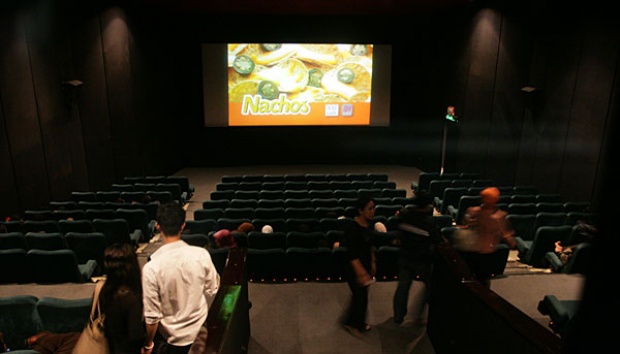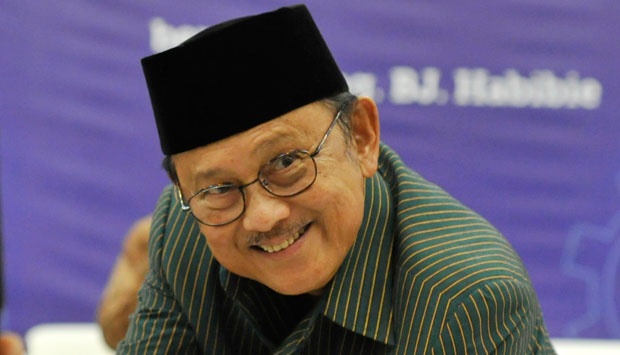Filmmaker Otty Widasari: Documentaries Create a Critical Public
19 October 2018 23:22 WIB

Modern technology is making it possible for anyone to make movies, including documentaries. Predictably, a community of people who share a vision of voicing their aspirations through video recordings has been formed. One group calling itself Forum Lenteng, produces the program Akumassa, which invites the public to film their own lives.
Otty Widasari (39), came up with the idea of creating Akumassa in 2008 to fight the dominance of the mass media. Located in 10 cities around Indonesia, the work of Akumassa has gotten positive response domestically as well as internationally.
Two weeks ago, Tempo reporter Syari Fani met Otty at her office in south Jakarta for an interview:
What prompted you to create Akumassa?
The mass media clearly has commercial and political interests. The public is forced to take in all information they give. We want to empower the people so they can have a bargaining chip. So, we are encouraging them to produce life according to their own perspective and create their own media center.
What is different about these 'people-perspective' films?
Essentially, the technique is not to use subjectivity. During the taping, there is no director. The format is one of collaboration. We borrow the eyes of the public, for example, recording the lane of a city transportation going in a certain direction. Anything in the picture containing subjectivity is cut out. Framing or zooming, for example, is not allowed because that would be an interpretation of the person taking the shot.
Forum Lenteng, Otty said, makes use of the growing availability of technology. People today no longer need expensive video cameras to make films. "Photographs and videos are the most widespread technology among the public. All they need is a cellular phone."
The forum organizes one month-long workshops, preparing modules that contain the history of the media and film, and teach young people the techniques of producing a film. During the workshop, the forum gives them a small, cheap camera, a computer and access to an internet server. It also gives them a cost-of-living allowance for a whole month.
After that, where do you take their products?
Their videos will be presented at the location and in the Akumassa.org website. Around 700 to 1,500 people visit the site per day.
How do you make people watch such videos?
Our partners at the regions know just how to invite people. But it's all about providing alternate viewing. Housewives watch soap operas because they don't have much choice. And besides, the small (neighborhood) movie theaters are gone now. We used to have one in every city, but today, one group monopolizes the film distribution. So, maybe, if they come at all, it won't be because of the film but because there is no other alternative offering.
What has been the impact so far?
People's capacity to take in the media has improved. They know for themselves, for example, what goes into the script and what the impact would be, so that they are able to convey what they don't approve. Don't be surprised if three villages come to see one film presentation. This has led local governments to ask who they ((the film producers) are? Politicians would need billions to attract that big number of crowds. Many activists, in fact, play a role as the watchdog of other media.
Can such communities be sustainable?
We have organized a few events and invited them to Jakarta. Every two years, we will definitely return to the location, to upgrade their capacities and ask them to make a long documentary film. The film about Blora, for example, can be presented at film festivals in South Korea and Canada.
The interview is also available in the Outreach section of this week's edition of Tempo English.























